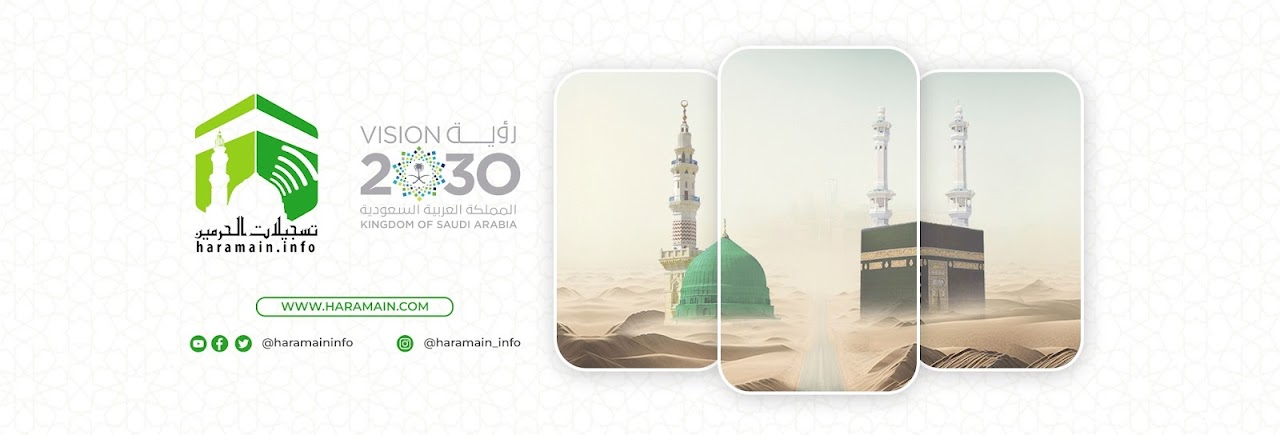Madeenah Jumuah Khutbah and Salaah
His Eminence Sheikh 'Abdul Muhsin al Qaasim
Download Audio
Watch Video in Media Player
Windows Media (138.7 MB)
Salaah: Surah Infitar
Download Audio
Watch Video in Media Player
Windows Media (46.5 MB)

7 comments:
I am Arab and can speak foshah. I love the way Shaykh Qaasem talks and delivers his speech.. you can listen to him for hours sobhanallah.. very eloqant. I have heard him speak in the amiyah (day to day language we use) and even then he sounded so good and not at all saudi (arabic speaking people will understand what i mean, ya3ni, the saudi accent can be a bit harsh).
true very heartful khutba in a melody tone he has an excellent khutba
@Anon 1. Wht is foshah
The khotbah was very interesting mashaAllah. I really liked the salah and the surah mashaAllah.
Beautifull khutbah by sheikh Abdul Muhsin al qaasim
Very nice mashallah
We have two types of Arabic Alhamdulilah. One is which we use informally for ease, day to day with friends and family, we call it amiyah. Amiyah accents vary from country to country, with slight different words and phrases for things). The other is al-fuṣḥā (الفصحى)which is standard in all countries, taught in schools/uni, and is formal arabic which we use in TV, newpapers, sermons, religious talks etc. The foshah is the written Arabic. Quranic Arabic is obviously the highest Arabic and is known as classical arabic. You can think of foshah as being derived from Quranic Arabic. Because the foshah is so formal and has grammatical rules, we generally dont use it in everyday speech. Words in amiyah are simlar to foshah ya3ni but we mostly prounounce them differently.. so for example the proper word for 'where' is ayna (as it appears in the Quran)but in amiyah we say wain or fain, huna is here, but in amiyah we say hon, katheer is a lot, in amiyah we say kateer. All the religious books, hadith, sermons are in foshah which is the proper Arabic. I myself actually prefer to speak to foshah, but I am seeing with youngsters even in my own family, that they are struggling to speak and write proper arabic these days and prefer amiyah for ease when talking and texting. I know for a fact that many scholars speak foshah with their children esp when they are young and allow limited amiyah, shaykh yasir ad dowsary and shaykh sudais have previously said and shaykh budair. I know many scholars and teachers in Jordan who only allow foshah at home when the kids are growing up. Foshah is ya3ni the proper arabic, very clear and eloqent. I recently met a brother in the masjed who is from Morocco. At first we found it a bit hard to understand each others accents esp as the mahgrib dialect has some french words.. but alhamdulilah becos we could both speak foshah we reverted to that,and we had no problems. alhamdulilah. Alhamduilah, Allah subhanahu wa ta ala gave us the foshah and with it joined us, and made one lugah for us. More divsions have occured between the arabs/muslims as time as gone on and as pple moved away from the foshah. Thats why sobhanallah these days u hear some people say we speak egyptian, we speak lebanese, we speak syrian?! They are talking abt their accents sobhanallah... foshah is a important tool for the muslims, for unity, we have to make sure we keep hold of it. inshalah ta ala.
Post a Comment